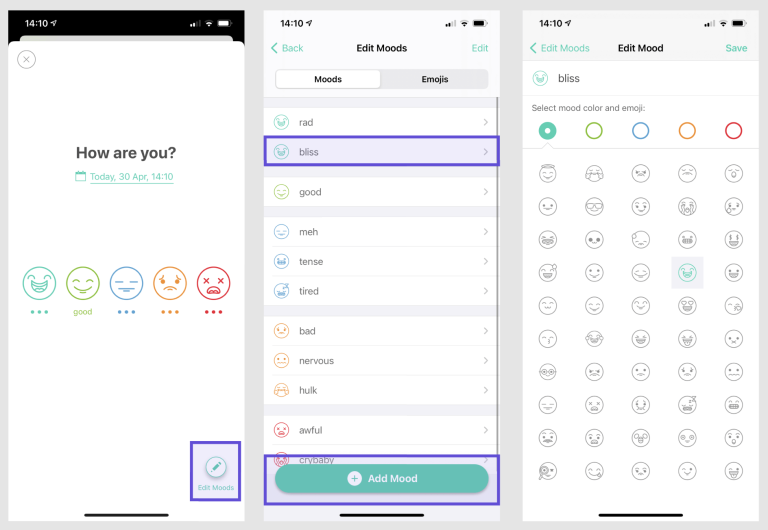Social Security Disability Insurance (SSDI) is crucial for many Americans with severe disabilities who can’t work. However, in 2025, the system faces challenges like growing demand, long wait times, and concerns about its future sustainability.
We will examine SSDI’s present status in this piece, along with the information aspirants need to know to navigate the system in the ultramodern period successfully.
What Is Social Security Disability Insurance?
Social Security Disability Insurance provides financial help to people unable to work due to long-term disabilities, based on their work history and Social Security taxes. Unlike SSI, it’s not income-based. Once approved, it offers annual benefits, but the approval process can be slow and complicated.
The Current Situation: Increased Demand and Longer Stay Times
Since 2025, SSDI claims have increased due to the lasting effects of COVID-19, a growing number of Baby Boomers, and rising health issues. A key problem is the backlog in processing, with initial determinations taking five to six months, and appeals taking over a year. Staff shortages and changes in work settings due to the pandemic have further slowed the process.
Fiscal Strain on the Social Security Disability Insurance Trust Fund
The Social Security Disability Insurance Trust Fund’s fiscal situation is another patient solicitude. Enterprises about the fund’s long-term viability are growing as more people apply and smaller workers make benefactions.
The Social Security Trustees predicted in 2023 that SSDI payouts may be cut by as much as 20 by 2033 if reform was not enforced. Disability lawyers are clarified by this and are concerned about the program’s survival.
Although lawgivers have batted implicit fixes, similar to duty increases or changes to eligibility conditions, no comprehensive legislation addressing these fiscal issues has yet to be passed.
Recent Policy Changes and Advocacy
In 2024, the SSA launched a new online platform to improve SSDI services and speed up claims, though not everyone has equal access to technology. Disability groups argue that current benefits are insufficient, especially for those needing ongoing medical care. While some lawmakers support increasing benefits, it’s unclear when this will happen due to SSDI’s lack of funding.
How to Navigate Social Security Disability Insurance in 2025

It’s critical to comprehend the SSDI operation process and take action to increase your chances of being approved. Here are some pointers:
-
Fete Eligibility
You must have a strong work history and have made benefactions to the Social Security system a specific number of times to be eligible for SSDI. Check your eligibility by using the SSA’s online coffers.
-
Precisely fill out your operation
The operation procedure is intricate. To help detainments or denials, make sure your job history and medical records are correct and comprehensive.
-
Suppose About Getting Professional Assistance
Numerous people who apply for SSDI for the first time are turned down. Your chances of being approved can be greatly increased by working with a disability advocate or attorney, particularly if you must go through a prayer process.
-
Anticipate Long Stay
Times Be patient and anticipate lengthy delay times due to the backlog. Keep in touch with the SSA regularly to find out how your operation is progressing.
-
Stay Informed Since SSDI
Programs are subject to change, so stay up to date on news about the program. Planning might be backed by remaining apprehensive about legislative reforms that may affect eligibility or benefit quantities.
The Future of SSDI: A Call for Reform
Millions rely on SSDI, but it faces major issues like increased demand, delays, and concerns about its future. Advocacy groups are pushing for changes to ensure it can continue helping those in need. To improve SSDI, efforts are needed to increase benefits, efficiency, and future funding. Those relying on SSDI must stay informed, seek support when needed, and stay persistent as challenges persist in 2025.





